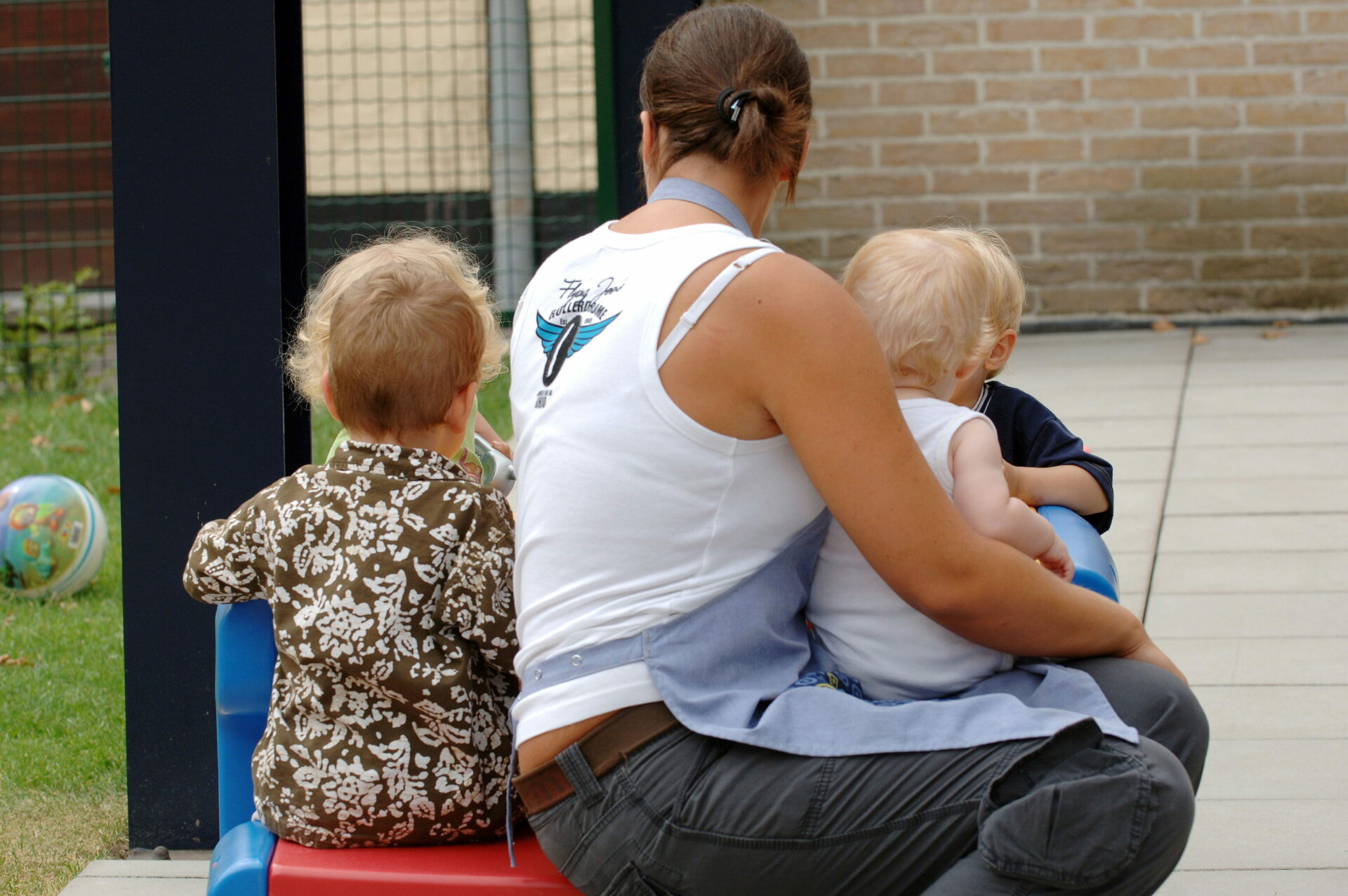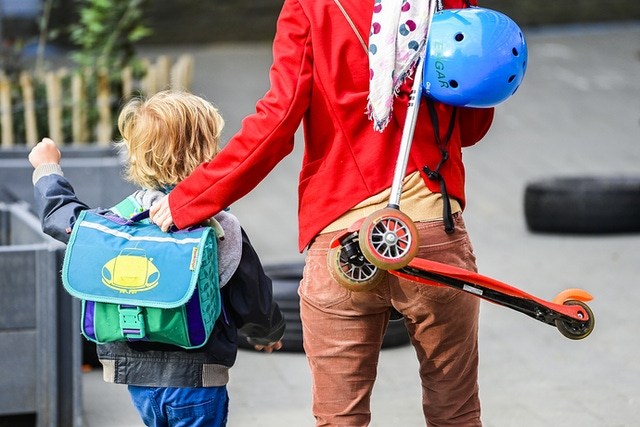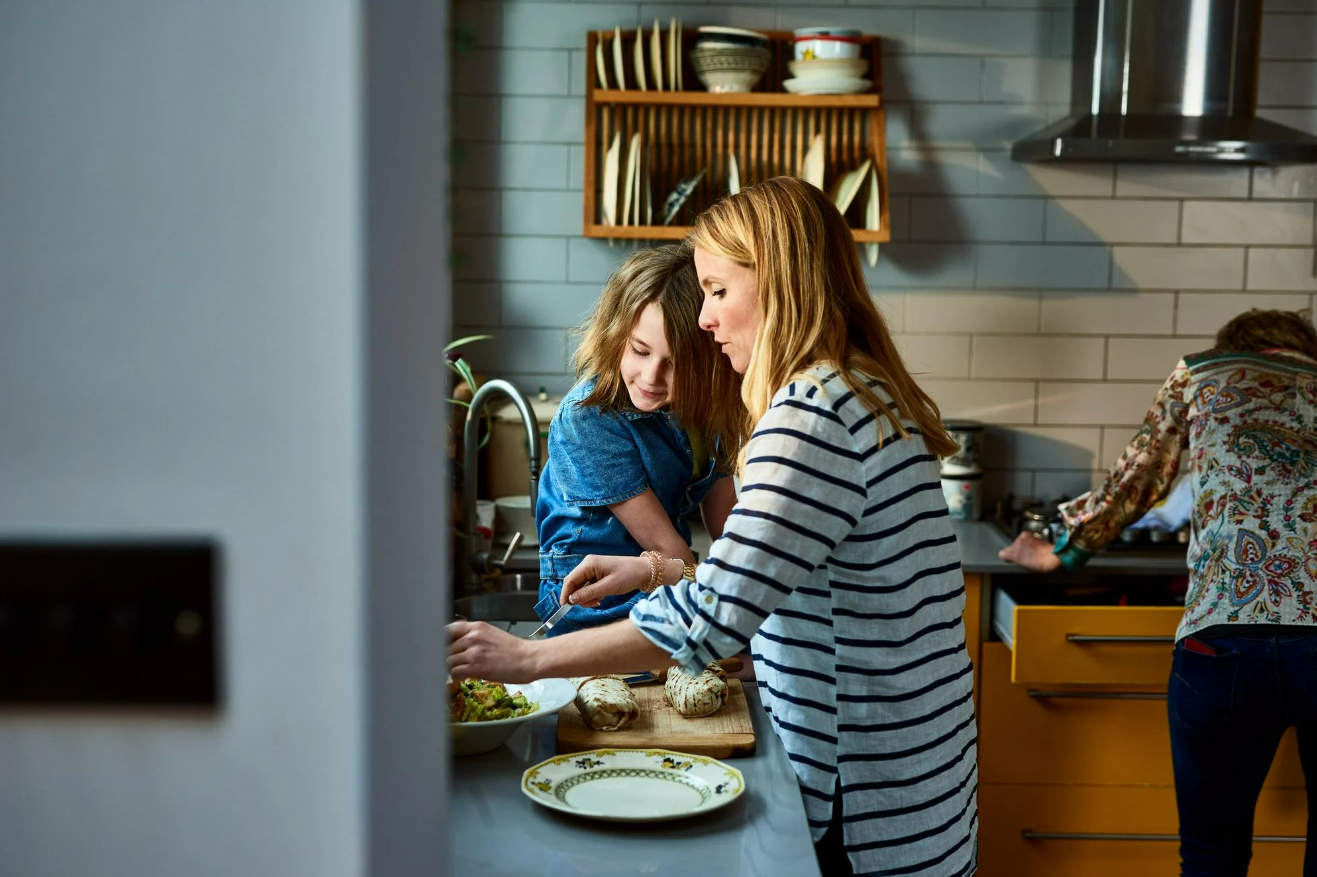As back-to-school season looms large and expat parents get to grips with an unfamiliar education system, many are thinking about childcare for the year ahead (and beyond).
Understanding childcare in Belgium is less complicated than other administrative endeavours in this country as most options are listed on two websites: the French-speaking Office of Birth and Childhood (Office de la Naissance et de l'Enfance – ONE), and the Dutch-speaking Child and Family (Kind en Gezin – K&G).
Both online resources provide near-exhaustive lists of subsidised childcare for children aged up to 2.5 years old including crèches, childminders and community groups. Sometimes, age groups are mixed. Carers may look after up to eight children at one time.
Registration is straightforward but it is recommended to enrol your child as early as possible given an extreme lack of places nationwide. The rule of thumb is to start as soon as you find out you are pregnant. This can be done via ONE or K&G, which both vet all carers listed on their sites.
"Parents are free to apply to both the French-speaking and Dutch-speaking system to maximise their chances of securing a place," Niels Heselmans from K&G told The Brussels Times.

Credit: Belga / Michel Wiegandt
The cost of childcare
Belgian childcare is affordable compared to other European models. Government subsidies are granted based on income for 80% of the roughly 6,600 childcare places available in the Brussels-Capital Region.
Even the highest amount currently paid by Belgian families is relatively manageable: the highest-earning families pay €34.64 per day while some low-income families pay nothing at all.
There are also private options, where it can be easier to find a place but these are not subsidised and are not subject to a ceiling charge. Monthly rates rise up to €800.
For both public and private options, tax deductions can be claimed by parents footing the bill.
The emphasis on affordable childcare is one of Belgium's great strengths, says Sylvie Anzalone from ONE. "Belgium's commitment to the non-commercialisation of childcare means that quality is guaranteed," she told The Brussels Times. "The aim is not to ban private initiatives, because they complement public initiatives well. The aim is rather to prevent childcare from becoming a business model."

Credit: Belga
After-school: What happens on Wednesdays?
Schooldays don't always match a parent's working hours. For instance, all schools finish up at midday on Wednesdays. Again, both Francophone and Flemish systems have childcare provisions for these days.
After-school options are built into the Flemish education system as the majority of schools have a corresponding After School Initiative (Initiatief Buitenschoolse Opvang – IBO) located in the same municipality. Parents may register at the beginning of the academic year if they will need this extra and must book slots on a monthly basis. The average cost is around €1 for every 30 minutes.
In the French system, After School Care (Accueil en dehors de l’école) plays the same role. In addition, Anzalone recommends that parents look to Bruxelles Temps Libre for a wide range of after-school activities for all age groups. Every Brussels municipality has extra-curricular coordinators (ATLs) that receive ONE subsidies. Parents can contact the ATL in their commune to discuss the choices.

Credit: Belga
Language learning opportunities
Childcare in English and other languages is provided by Brussels' international schools. But sending your child to a French- or Dutch-speaking carer is an excellent opportunity to develop language skills from a young age.
The French system is accessible and sensitive to the demands of a child with a different native language, Anzalone explains. "ONE wants to welcome all kinds of families with all their specific needs, including language specificities. We ensure that both the care environment and the carers themselves are encouraged to look at the needs of the children in their care."
She says that carers "undergo ongoing training to respond as effectively as possible to the needs of these children [...] It is about communicating with the child and making ourselves understood as adults. This has to happen if we are to have quality childcare."
On the Flemish side, Heselmans notes that priority is given to families with at least one Dutch-speaking parent. He encourages parents to choose a carer they sense will be the best fit for their child no matter the language spoken. "We always advise parents to leave their children with someone who makes them feel good when they leave for work."

